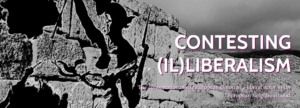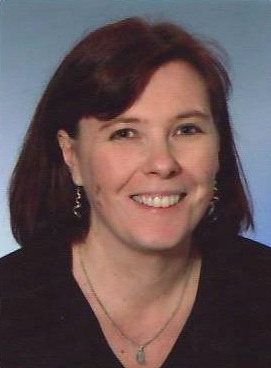Contesting (Il)liberalism.
The contestation of the European Union as a liberal actor in the European Neighbourhood
03/2022 – 03/2026
Conflicts in the EU’s neighbourhood are on the rise, implementing the European Neighbourhood Policy (ENP) remains a fraught and often stalling process and the prospect of further enlargement – although promised – often seems foreboding. Far from becoming a ‘normal liberal country’, Russia has turned from a special partner into an enemy and is leading an atrocious war against the liberal world in Ukraine. But why – despite the countless instruments available, the offers of access to the wealth of the world’s largest market and, in some cases, even promises of membership – have the ambitions and steadfast work of the EU to transform its immediate neighbourhood into an area of stability, democracy and wealth been rewarded with only limited and fragile success?
The project ‘ Contesting (Il)liberalism’ is designed to shed some light on the reasons for the EU’s limited success. It draws on the broader ‘end of liberalism’ debate and asks the question of how the EU is faring with these dynamics in a geographic area which is crucial for its security. The concern here is that these dynamics may be a reaction to the liberal transformation process the EU itself wants to induce.
A better understanding of the rationales of the contestants is crucial. While often perceived as an irrational rejection of the promises for peace and stability created by rules, institutions and markets and an outdated adherence to blunt power-politics, this attitude hampers developing a deeper understanding of the attractiveness of illiberalism outside the EU’s borders, but also how alliances are forged with actors inside the EU. The interest of the project is on how the EU has become a struggling liberal actor in a vicinity where liberalism seems to have lost its gloss and to point to the dialectics between the EU’s role as a promoter of a liberal order and its engagement in geo-political competition.


Dr. MMag. Doris Wydra
Salzburg Centre of European Union Studies
Mönchsberg 2, 5020 Salzburg
Tel.: +43 662 8044 7606
E-Mail:





